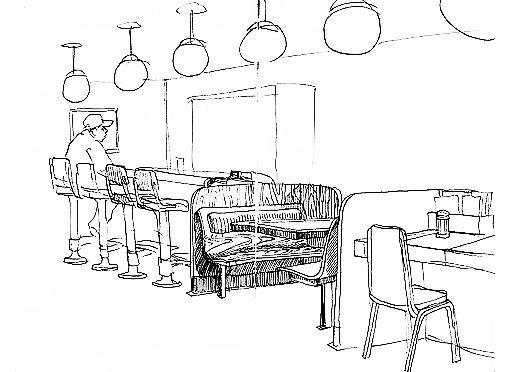Dothan, Alabama—It’s been quite a night. The Milwaukee Brewers beat the Braves like rented mules. I was eating jalepeño cheese dip in a sports bar, watching the game. Afterward, I went back to the hotel to pout. My stomach started churning. It got worse.
I have food poisoning.
I haven’t had food poisoning since I visited Dallas with my buddy, Chubbs. We were there for the Mesquite Championship Rodeo. I ate some tripa tacos that didn’t settle well.
For two days thereafter, I hugged a motel toilet.
My faithful constituent, Chubbs, vowed to take care of me on my deathbed. I sent him to the supermarket for emergency supplies. He returned with Gatorade, Velveeta cheese, and Hellman’s mayonnaise.
“What’s the Velveeta for?” I asked.
“For nutrition,” he said, blowing a bubble in his gum.
“Where’s my Pepto Bismol?”
“I got mayonnaise instead.”
“Huh?”
“Hello? In case you want a mayonnaise and Velveeta sandwich.”
More toilet hugging.
I missed the rodeo that year. The next year, we visited again and I got my
picture with a Dolly Parton impersonator.
Anyway, this case of food poisoning isn’t nearly as bad as Dallas. But I can’t sleep, so I’m reading emails.
I got a letter from a young woman named Paulette. It was a sad letter.
“Dear Sean,” writes Paulette, “my husband left me… I am twenty-two and I have a son who’s too young to even know what’s happening…
“It’s hitting me slowly, I’m numb inside, I don’t even know why I’m writing, I mean why should you care about some stranger’s divorce? Tell me a story.”
Paulette. I wish I had something valuable to share, but I don’t. All I can tell you is that you emailed a man whose insides are falling out.
But because I have a few hundred more words left to go, and…







